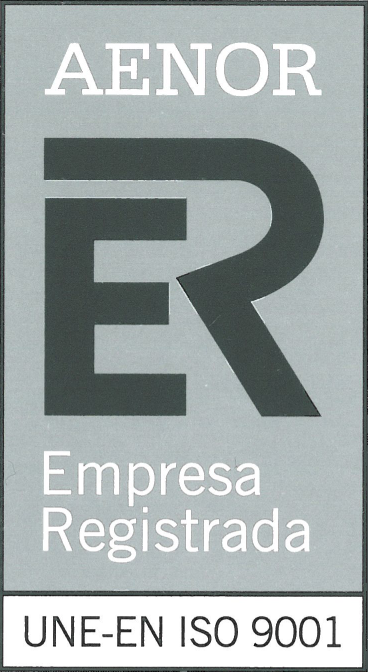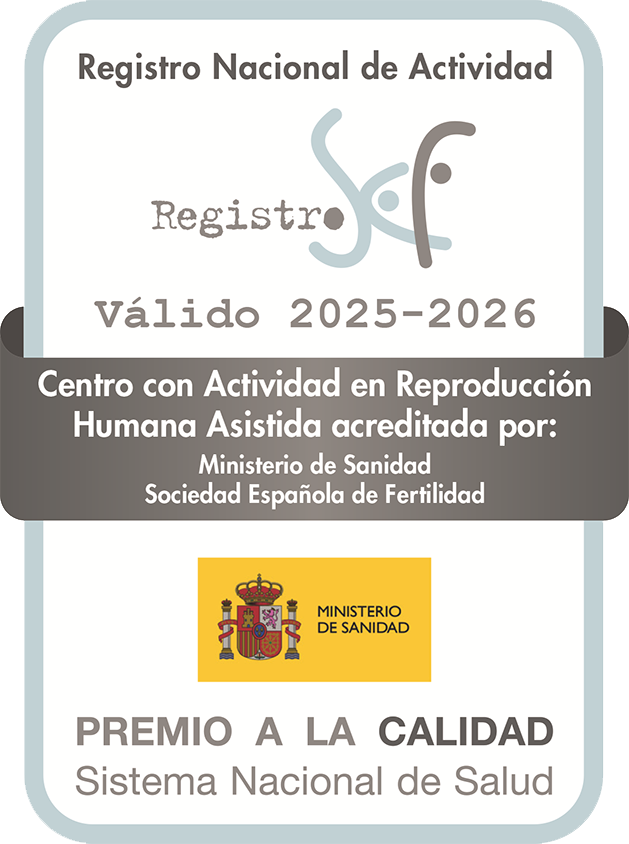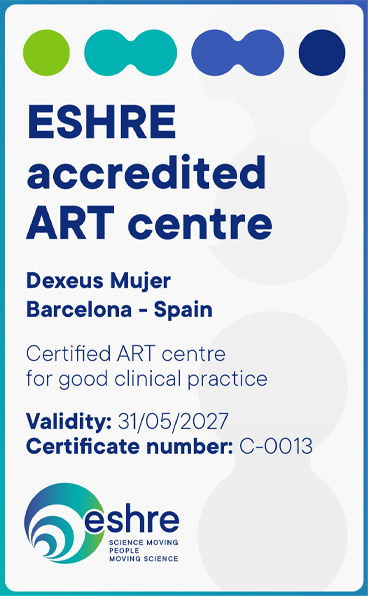Reciprocal IVF (ROPA)
What is reciprocal IVF method
The reciprocal IVF method (Reception of Oocytes from the Partner) is an assisted reproduction treatment for female couples that allows both to become biological mothers. One provides her oocytes and the other develops the pregnancy.
If you have decided to have a child and you both want to actively participate in the pregnancy, the best choice is the Reception of Oocytes from the Couple (ROPA). This treatment is specifically aimed at female couples, and allows one of you to provide the eggs and the other to take care of the gestation, so that both of you are biological mothers and you will have the same rights and duties regarding your future baby.
It is a widely used technique, but currently in Spain it is only practiced in private centers when clinically indicated and provided that the women are legally married. Catalonia is an exception, since the Catalan Civil Code allows intra-partner ovodonation even if the women are not married but can prove their Catalan civil status.
What are the phases of donor treatment
One of you, according to medical indication, will be the egg donor and for this you will have to undergo an in vitro fertilization (IVF) cycle. A hormonal stimulation will be performed to obtain the eggs.
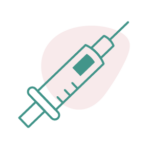
Ovarian stimulation
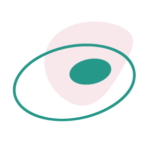
Follicular puncture
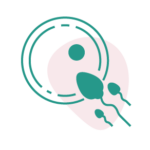
Insemination
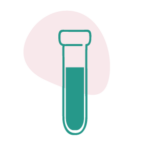
Fertilisation and culture of embryos
What are the phases of the recipient’s treatment
The other will be the recipient and will undergo uterine preparation with oestrogens (hormones) to prepare the uterus for implantation of the embryo.
Preparation of the endometrium

Embryo transfer

Confirmation of the pregnancy
Who it is for
The ROPA method is exclusively for couples of women who wish to participate jointly in the gestation of a child. A medical evaluation is required to carry it out.
Hence, and in order to assess your chances of success and detect potential problems or risks, the medical history of both partners must be reviewed and both are given a full gynaecological check-up.
Success rates
Clinical pregnancy rate
First ultrasound and detection of foetal heartbeat performed at 6 weeks of pregnancy.
| <35 years | 53,93% |
|---|---|
| 35-39 years | 42,59% |
| ≥40 years | 0,00% |
Cumulative probability of clinical pregnancy in cases with more than one cycle:
| <35 years | 53,93% | 78,78% | 90,22% |
|---|---|---|---|
| 35-39 years | 42,59% | 67,04% | 81,08% |
| ≥40 years | 0,00% |
- 1st attempt
- 2nd attempt
- 3rd attempt
Statistical data on transfers performed from 2021 to 2024.
Why choose us

Personal attention
We will guide you through the entire process, offering personalised treatments suited to your needs. You can also contact our medical team directly at any time.

We are pioneering in reproductive medicine
We are pioneers in reproductive medicine We have more than 80 years’ experience behind us and a team of highly qualified and specialised professionals. The first Spanish test-tube baby was born in our clinic (1984) and Spain’s first egg donation treatment was carried out here, which culminated in the birth of twins (1988).

Extensive experience, quality and cutting-edge technology
We have one of the top in vitro fertilisation laboratories in Europe where we perform over 3,000 cycles (assisted reproduction techniques) each year. We offer the latest advances in assisted reproduction, such as intracytoplasmic sperm injection and real-time monitoring of embryo development (dynamic monitoring).

Facilities and 24-hour emergency service
All consultations and medical tests can be done at the clinic: insemination in consultation without hospitalisation or anaesthesia, oocyte retrieval, own IVF and andrology lab. We also offer a 24-hour medical emergency service.

Psychological support
We provide psychological support in case of emotional overload, an issue which frequently affects women who undergo assisted reproduction treatments.
Testimony
Marta and Paula (Barcelona)
“Paula and I have known each other for five years, and we were both clear about motherhood. She is younger and we thought it would be best if she gestated the baby, but when they explained to us that through the ROPA method we could both participate, we thought it was great, and we decided that she would donate the eggs and I would gestate the baby. We wanted a center that we could trust and that had experience. That is why we chose Dexeus. But also, the treatment was very familiar and we felt very accompanied and that really helps you. Now I am almost 22 weeks and people who see us ask us” are you pregnant, and do you say that you are both biological mothers, but how?“The name of the method is not well known but everyone understands it when you explain it to them. The only handicap is that you have to be married to apply it for legal reasons, but for us that wasn’t a problem.”
More information and prices
Or, if you prefer, fill in this form and we’ll call you
What is the best treatment for me?
If you don’t know which treatment is best suited to you, try our online pre-diagnosis.




